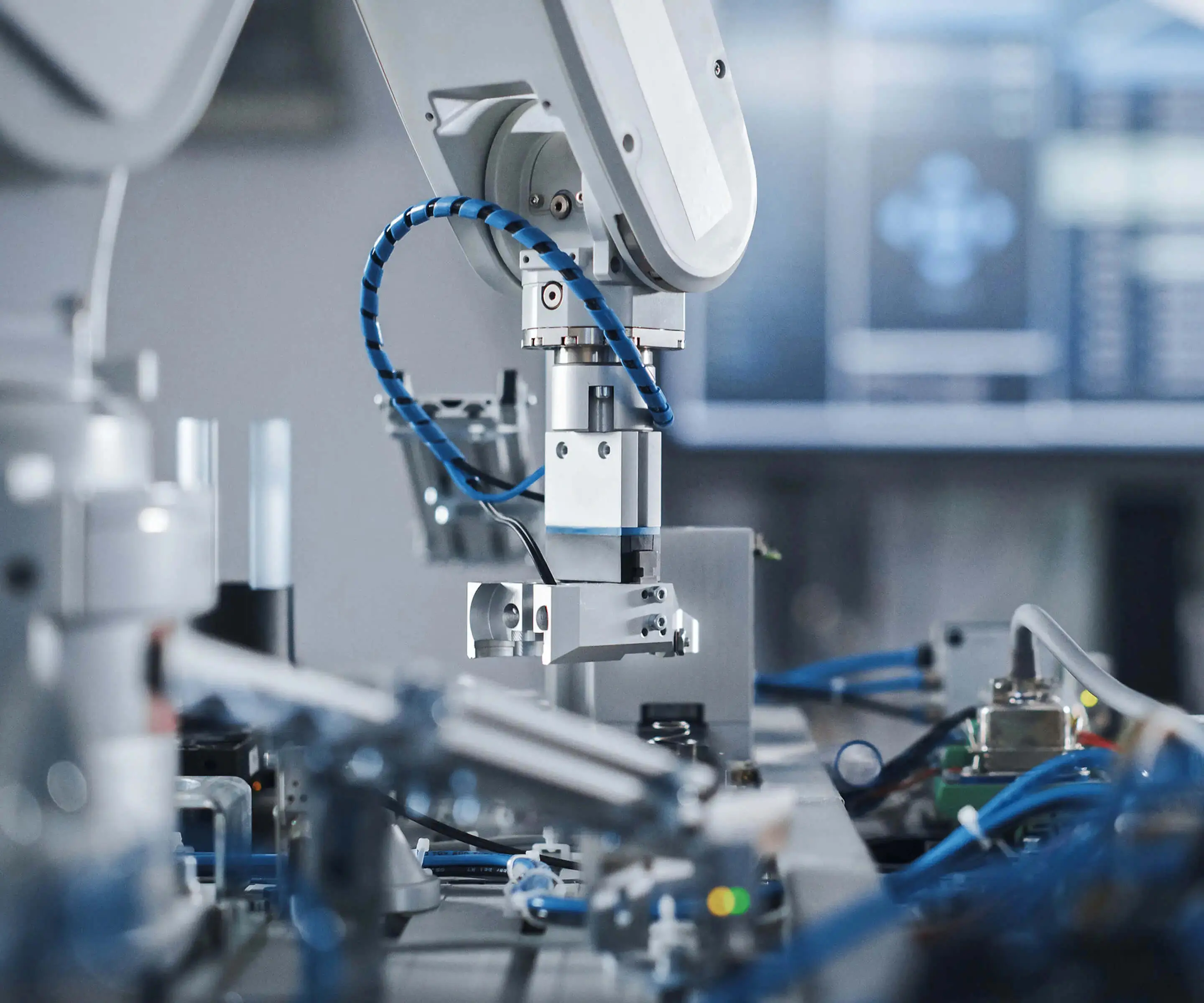Absolutely! Here’s the first part of a compelling soft article centered on "Reliance Gear Motor Selection," crafted to attract and inform readers. The second part will follow shortly after.

Unlocking Precision and Power: The Ultimate Guide to Reliance Gear Motor Selection
In the realm of industrial automation, manufacturing, and machinery design, the choice of a gear motor can be transformative. It’s not just about picking a motor that fits; it’s about selecting the right gear motor that seamlessly integrates into your system, ensuring efficiency, longevity, and dependable operation. Among the many trusted brands in this arena, Reliance stands out for its robust, reliable, and precise gear motor offerings. But how does one navigate the complex process of selecting the perfect Reliance gear motor for a specific application?
Understanding the Basics of Gear Motors
Before diving into specific selections, it’s vital to grasp what gear motors are and why they matter. A gear motor combines a motor—often an AC or DC motor—with a gear reducer. This combination amplifies torque while reducing speed, making the device ideal for applications requiring high torque at low speeds.
Reliance gear motors are renowned for their ruggedness and efficiency, suitable for everything from small machinery to large industrial systems. They come in various configurations, gear ratios, and power options, giving engineers flexibility but also posing challenges in choosing the right model.
Key Factors in Reliance Gear Motor Selection
The decision-making process hinges on multiple factors. To ensure you’re making an informed choice, consider the following core parameters:
Load Characteristics: Understanding the nature of the load—whether it's continuous, intermittent, or shock-loaded—determines the motor’s power and gear ratio needs. Heavy, variable loads demand a more robust gear motor, often with higher torque ratings.
Speed Requirements: The desired output speed directly influences gear ratio selection. If your application requires slow but powerful movement, a high gear ratio is preferable. Conversely, for quicker operations with moderate torque, lower gear ratios suffice.
Torque Needs: Quantify your application's maximum torque demands. Oversizing the gear motor risks unnecessary costs and inefficiencies, while undersizing could lead to rapid wear or failure.
Duty Cycle: How often and how long the gear motor runs affects its selection. Continuous operation requires motors with higher thermal ratings and better heat dissipation, qualities embedded in Reliance’s industrial-grade options.
Environmental Conditions: Factors such as temperature extremes, dust, moisture, and exposure to corrosive substances influence the motor’s enclosure and sealing requirements. Reliance offers gear motors with various IP ratings and corrosion-resistant features to handle harsh environments.
Space Constraints: The physical dimensions of your machinery set limits on the motor size and footprint. Compact models may be necessary in tight spaces, which Reliance provides without sacrificing performance.
Performance Specifications to Consider
Once you have a grasp of the application fundamentals, focus on these technical specifications:
Power Rating: Expressed in horsepower (HP) or kilowatts (kW), it indicates the motor’s capacity to perform work. Always select a motor with a bit of margin above the maximum load to ensure durability.
Gear Ratios: Determining the right ratio balances speed and torque. Higher ratios deliver more torque at lower speeds, which is perfect for lifting or heavy-duty conveyors.
Efficiency: Higher efficiency reduces energy consumption and operational costs. Reliance gear motors are designed to maximize efficiency, but check the data to match your sustainability goals.
Mounting and Interface: Compatibility with your system’s mounting points and shaft configurations simplifies installation and maintenance.
Applications That Benefit from Reliance Gear Motors
Reliance gear motors serve a broad spectrum of industries, including:
Manufacturing lines Material handling systems Food and beverage machinery Packaging equipment Renewable energy systems Robotics and automation
Their versatility lies in custom configurations tailored to specific needs, ensuring optimal operation regardless of the industry.
The Importance of Consulting Experts and Using Proper Selection Tools
While understanding these principles is essential, engaging with experienced engineers or relying on Reliance’s detailed catalogs and selection software can streamline the process. Many manufacturers offer online calculators that factor in load, speed, and environmental conditions, providing tailored recommendations.
Stay tuned for Part 2, where we will explore case studies, advanced selection techniques, maintenance considerations, and how to future-proof your gear motor choices with Reliance’s innovative solutions.
Kpower has delivered professional drive system solutions to over 500 enterprise clients globally with products covering various fields such as Smart Home Systems, Automatic Electronics, Robotics, Precision Agriculture, Drones, and Industrial Automation.




































